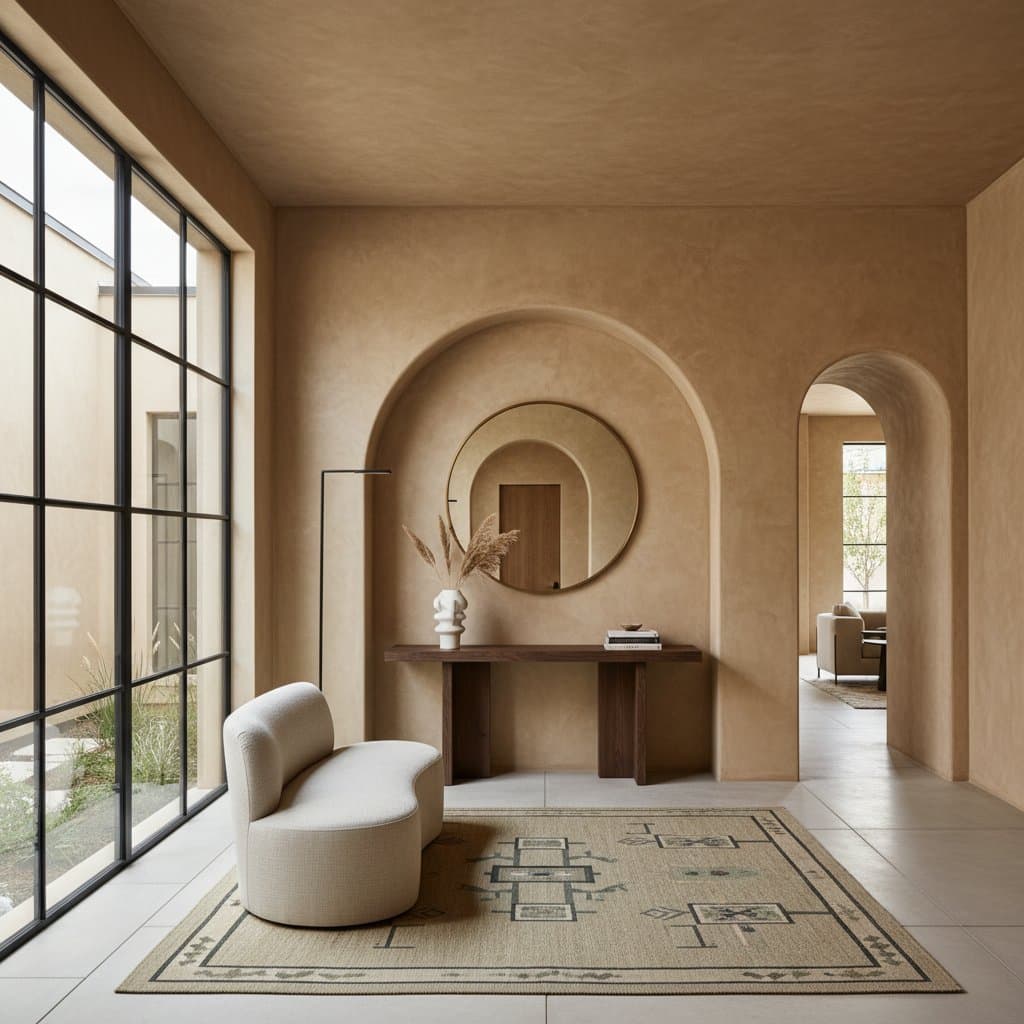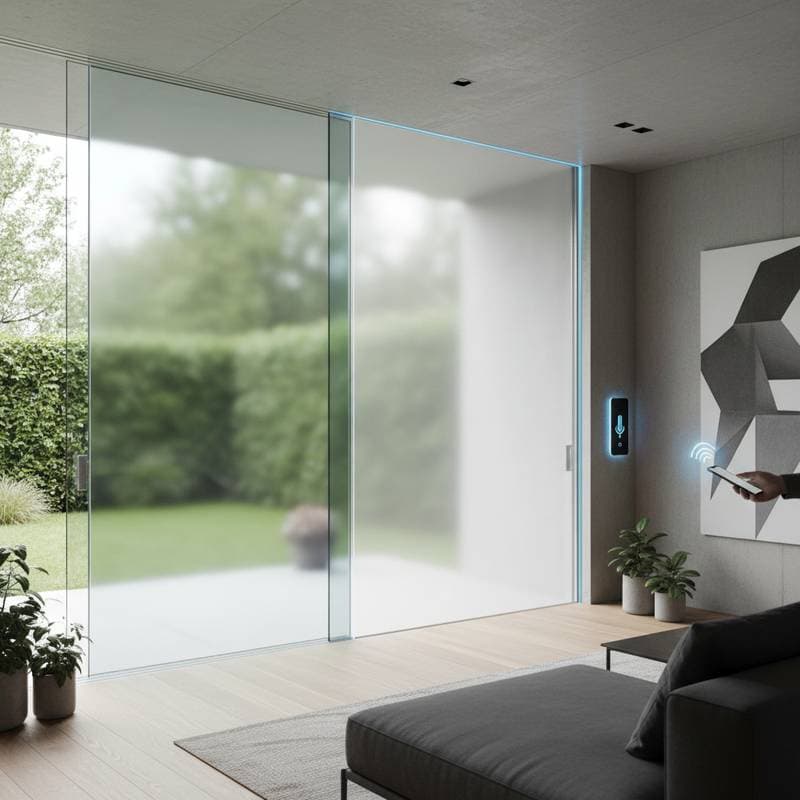Japandi Shoji Sliding Doors in Minimalist Homes for 2025
Japandi design shapes contemporary minimalist interiors, and Shoji sliding doors emerge as a prominent element. These doors merge Japanese simplicity with Scandinavian warmth to introduce light, texture, and equilibrium into open floor plans. Homeowners seeking to update their living spaces find in Shoji doors a blend of utility and enduring style, available within various budget levels.
Costs and Installation Essentials
Shoji sliding doors generally range from $800 to $2,500 per set, encompassing materials and installation. Prices vary according to door dimensions, wood variety, glazing options, and whether the doors receive custom construction or come prefabricated. Real wood frames paired with handcrafted paper or acrylic panels command premium rates, whereas engineered wood or composite frames with acrylic inserts prove more affordable.
| Material/Service | Cost Range | Key Features |
|---|---|---|
| Prefabricated Shoji Door | $800 to $1,200 | Ready-to-install, standard sizing |
| Custom Shoji Door | $1,500 to $2,500 | Tailored dimensions, premium finishes |
| Installation Labor | $300 to $700 | Includes track setup and alignment |
| Replacement Panels | $100 to $250 each | Easy to swap when damaged or worn |
Installations usually span one to two days, contingent on existing framing and track conditions. Structural modifications or wall reinforcements add labor costs of $200 to $400.
Distinctive Qualities of Japandi Shoji Doors
Shoji doors integrate seamlessly into Japandi aesthetics by tempering minimalism with warmth and tactile interest. Translucent panels permit diffused light to permeate rooms, preserving privacy while illuminating communal zones. The sliding design conserves space, suiting compact residences or versatile open configurations that demand adaptable divisions.
Interior designer Mika Tanaka observes, "Shoji doors create a visual quietness in a room. They divide space without closing it off, which is essential for minimalist living." This philosophy aligns with Scandinavian principles that emphasize openness, tranquility, and organic materials.
Material Choices and Durability
Shoji doors feature diverse frame and panel pairings, each offering specific endurance and visual traits. Common frame options encompass solid oak, pine, birch, and bamboo, with panels spanning washi paper, acrylic, or frosted glass.
| Material Type | Average Lifespan | Maintenance Level | Appearance |
|---|---|---|---|
| Solid Oak | 20+ years | Low | Warm tone, natural grain |
| Bamboo | 15 to 20 years | Moderate | Sustainable, lightweight |
| Birch Veneer | 10 to 15 years | Low | Smooth, modern finish |
| Acrylic Panels | 10 to 15 years | Very low | Bright, moisture-resistant |
Washi paper panels deliver authentic elegance, yet demand vigilant upkeep. Acrylic and glass substitutes replicate paper's appearance with superior resilience, ideal for busy or moist environments like bathrooms and kitchens.
Elements Affecting Costs and Selections
Several considerations alter expenses and design decisions:
- Door dimensions and panel quantity: Expansive openings or multi-panel arrangements demand greater resources and effort.
- Hardware standards: High-quality tracks and rollers, adding $100 to $300 per set, enhance operational smoothness.
- Custom treatments: Stains or lacquers on wood elevate costs but bolster durability and allure.
- Installation demands: Adapting vintage structures often necessitates carpentry alterations or wall modifications.
Verify permit requirements beforehand. Interior projects seldom need approvals, but structural additions or wiring changes may.
Care Strategies for Durability
Consistent maintenance preserves the refined appearance of Shoji doors over many years. Dust tracks and panels weekly using a microfiber cloth. For paper elements, employ a soft brush or compressed air to clear particles. Clean acrylic or glass surfaces with mild soap and water, steering clear of ammonia products that risk dulling or abrading finishes.
Panel repairs prove simple when damage occurs. Select manufacturers with detachable grid frames to facilitate individual panel swaps without full door disassembly.
Integrating Shoji Doors into Your Space
Shoji sliding doors reshape home ambiance and utility through diffused illumination, precise lines, and organic elements. These features harmonize with contemporary furnishings and subdued color schemes. Incorporate them alongside woven textiles, streamlined seating, and wooden highlights to achieve a unified Japandi environment.
For remodelers, Shoji doors represent a prudent choice that merges affordability, aesthetics, and functionality. Opt for bespoke creations or off-the-shelf units to secure timeless sophistication attuned to streamlined lifestyles.






